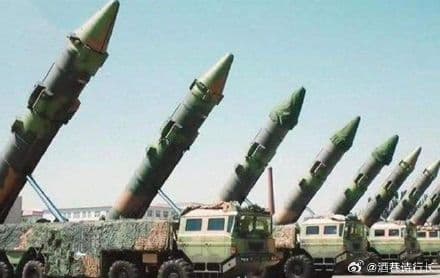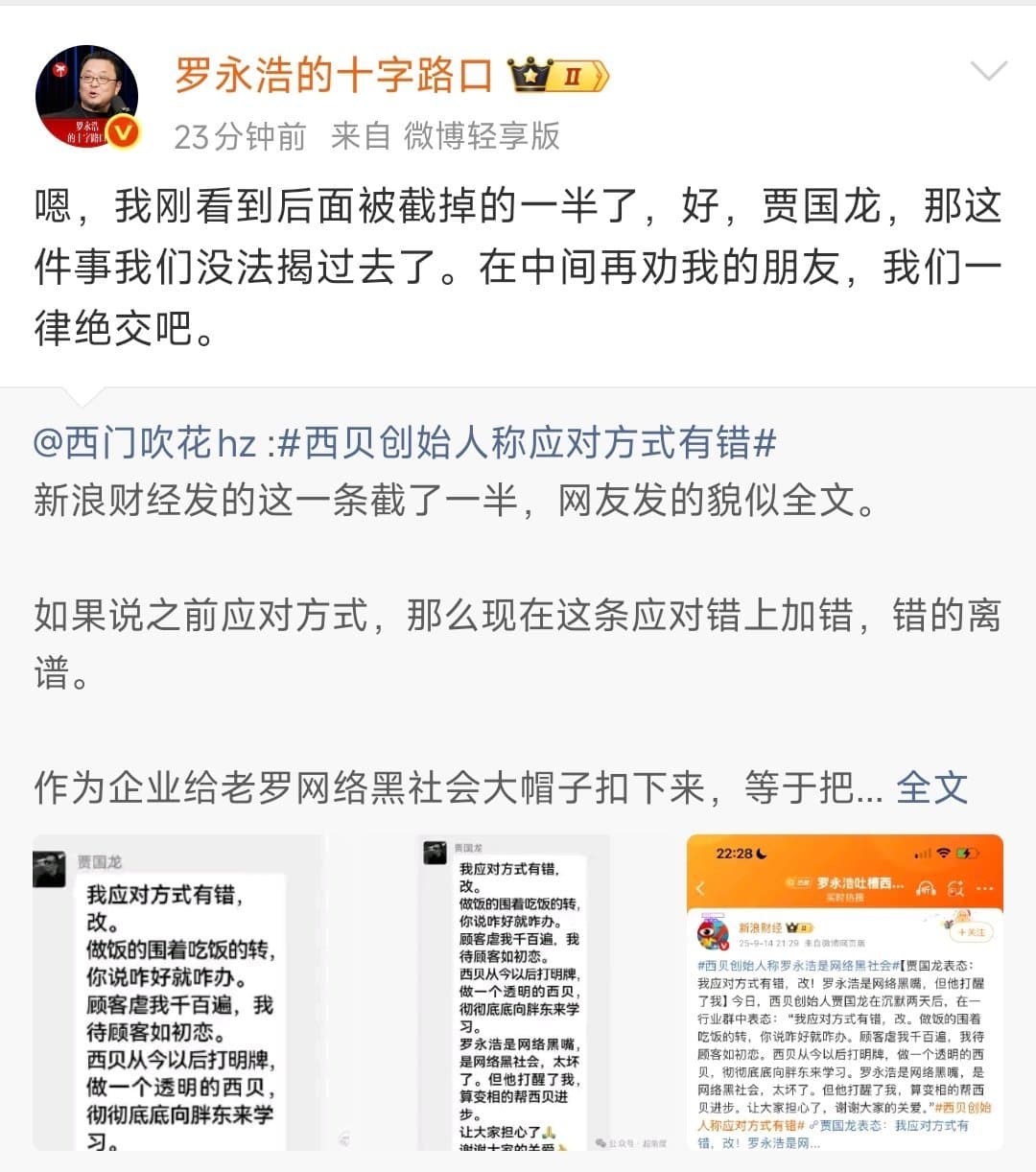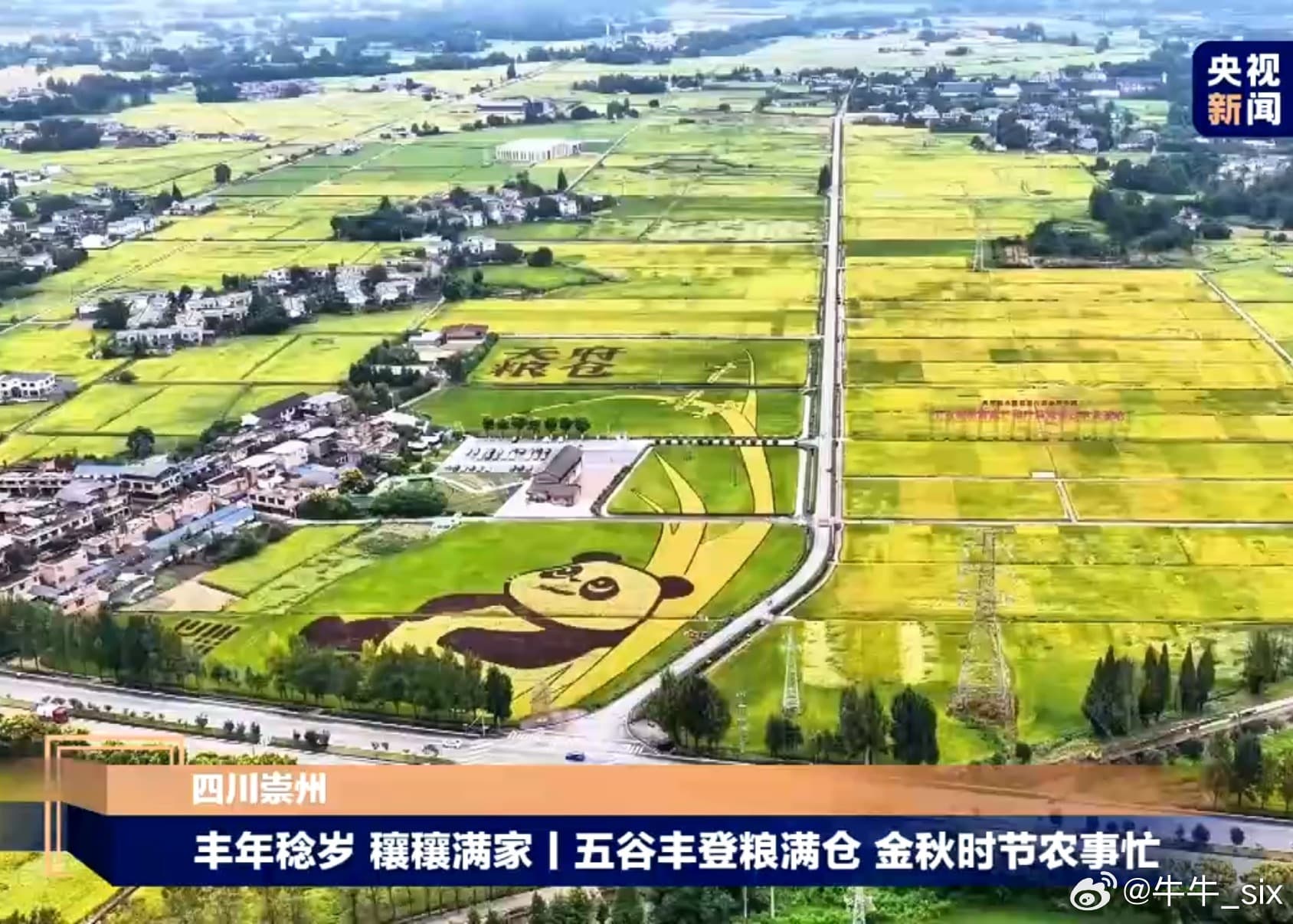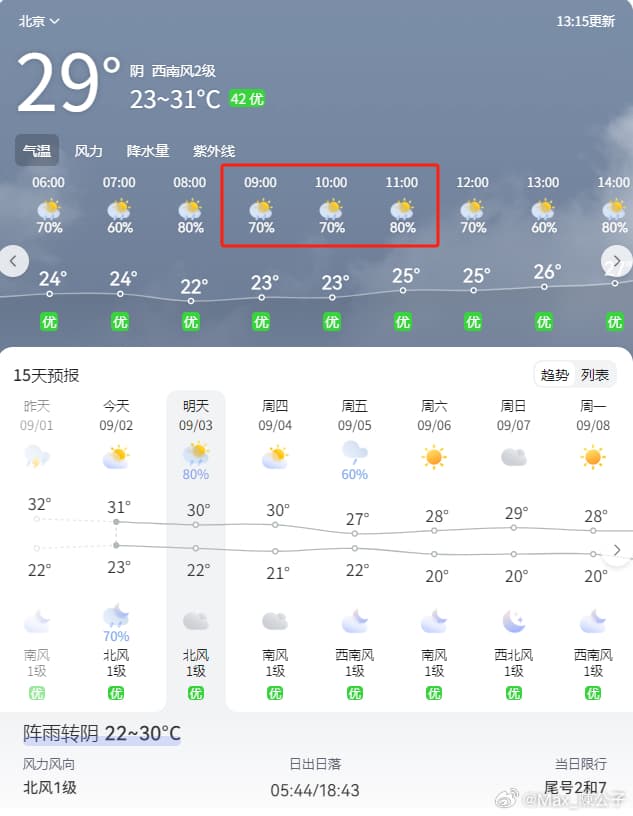Military Buildup and Taiwan's Uncertain Future: The Escalating Tensions in the Region
A recent report from Western intelligence sources has highlighted the ongoing military buildup in the region surrounding Taiwan. According to satellite images, a growing number of advanced missiles are being deployed along the Chinese mainland's southeastern coastline. These weapons, including the formidable Dongfeng-17 and Dongfeng-26, are said to be trained on Taiwan and American military bases.

9 January 2024
The Dongfeng-17 has a range of 1,800 to 2,500 km and possesses the capability to evade existing missile defense systems, such as the THAAD and Patriot systems of the United States. This has raised concerns about Taiwan's vulnerability to external threats.
In response to these developments, Taiwan's political landscape has been thrown into a state of flux as various parties vie for power. A recent discussion forum saw participants voicing their concerns about the nation's future should a peace agreement be reached with China. Some fear that Taiwan could become like Hong Kong, with its autonomy gradually eroded by mainland China.
One participant, commentator Chen Fengxin, stated, "Taiwan will never become Hong Kong, as we would not relinquish our control over military and diplomatic affairs under any circumstance." This indicates that even if a peaceful resolution were to be reached, Taiwan would still fiercely protect its sovereignty.
Meanwhile, political analysts have speculated about the potential impact that the upcoming Taiwanese elections could have on the region's current political climate. Some predict that whoever assumes office in the coming months could be instrumental in changing the course of the existing tensions between China and Taiwan.
Despite the uncertainty surrounding the upcoming elections, the United States has remained steadfast in its support for Taiwan. The nation has provided military aid and assistance to the island, indicating that it is prepared to support Taiwan in the face of any external threats. However, some observers are concerned that the United States may be pursuing a "two-pronged approach," with a long-term goal of creating a stable environment for Taiwanese "independence" or cultivating a new Taiwanese identity.
This has been evident in recent years, as the United States has expanded its military presence in the region and adopted a more aggressive stance towards China. One influential commentator, Chen Zhihong, outlined the perceived American strategy, stating, "Taiwan is backed by the United States and operates according to the will of the United States. The ultimate goal of the United States is either to achieve a peaceful 'independence' for Taiwan or to create a powder keg in the region."
Recently, a Chinese satellite launch has caused concern among Taiwanese citizens, as the rocket's flight path passed over the island's northwestern territory. However, Taiwan's Ministry of Defense has reassured the public that the rocket trajectory occurred within the atmosphere, posing no real threat to the island.
As tensions continue to escalate in the region, the question of what will happen after Taiwan's election looms large. With both Taiwanese and international interests at stake, the future of the region remains uncertain.
Share this article
Related Articles

Xi Jinping Elevates Cybersecurity to Core National‑Security Pillar, Driving China’s Quest for a Cyber Superpower
By Trending on Weibo
News & Politics
15 Sept 2025

Luo Yonghao vs. Xibei: Celebrity Entrepreneur Sparks Media Storm Over Pre‑Made Dishes and Calls for Transparency
By Trending on Weibo
News & Politics
15 Sept 2025

Weibo Celebrates Autumn Harvest as China’s Fields Become the Nation’s Most Beautiful Canvas
By Trending on Weibo
News & Politics
15 Sept 2025
China Enacts First Comprehensive Rental Regulations to Legalize and Stabilize the Rental Market
By Trending on Weibo
News & Politics
15 Sept 2025

Beijing’s Weather Emerges as a Barometer for China’s Climate Policies and Public Life
By Trending on Weibo
News & Politics
13 Sept 2025